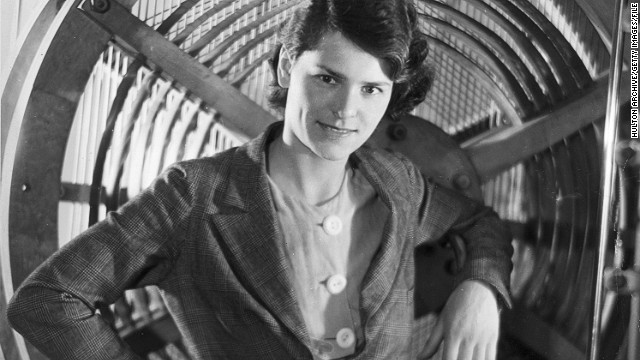Ms Taro, the first female photographer killed in action, was born in Stuttgart, Germany in 1910 - before moving to France in 1933, shortly after Adolf Hitler was elected chancellor.
In Paris, Ms Taro, known as “the little red fox” for her ginger hair and small stature, met fellow refugee Andre Friedmann, whom she befriended and who taught her the basics of photography.
It was during this time that the pair decided to shed the names they came to Paris with and invent new identities. Mr Friedmann became Robert Capa and Gerta Pohorylle changed to Gerda Taro.
Working together, as friends and lovers, the pair covered the Spanish Civil War in Barcelona as a team when it broke out in 1936, producing black-and-white photographs of the resistance fighters for the newspaper Ce Soir.
Mr Capa’s work during the war led to him becoming one of the most recognised war photographers of all time - while Ms Taro also made a name for herself.
By the next year, Ms Taro felt confident enough in her photography skills to work on her own, which she did for the last five months of her career and life.
In July 1937, at the age of 26, Gerda Taro was crushed by a tank while covering the Republican offensive in Brunete - and died from her injuries shortly after.
Her photographs from the day were never found.
Although her career was tragically cut short, Ms Taro’s bravery in the face of war and conflict lived on through the images she captured.
During her life and after her death, many of her photographs were incorrectly attributed to Mr Capa - as the pair had famously worked together to capture and bring wartime realities to the public.
However, in 2007, 4,500 negatives taken by Ms Taro, Mr Capa and photographer David Seymour during the war and previously considered lost were found in Mexico City - shedding new light on the female photographer’s impressive career.
The photos were exhibited at the International Centre of Photography.
As her friend and mentor Mr Capa once famously said, and which Gerda Taro embodied in her career: “If your pictures aren’t good enough, you’re not close enough.”
The Independent
More about: GerdaTaro
















































